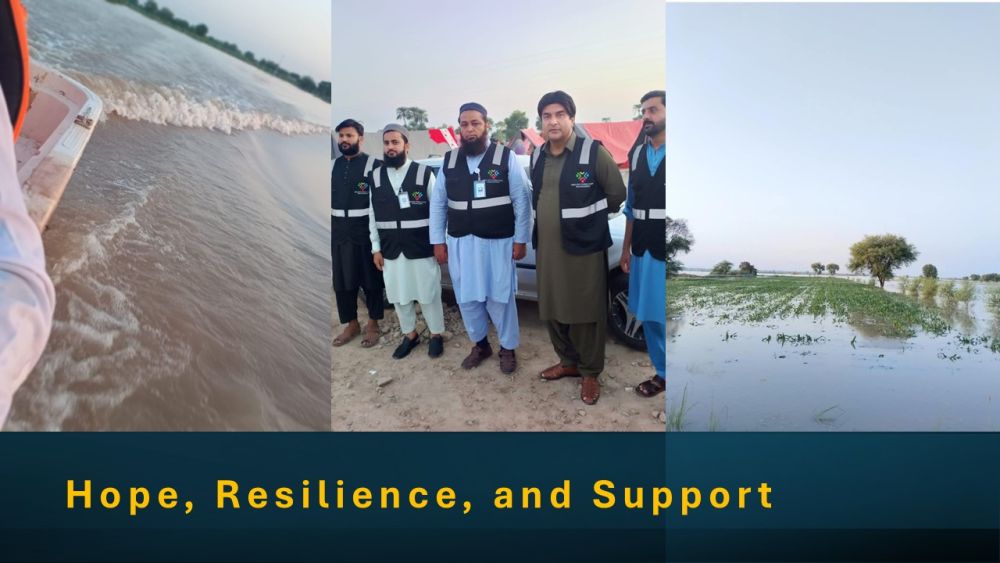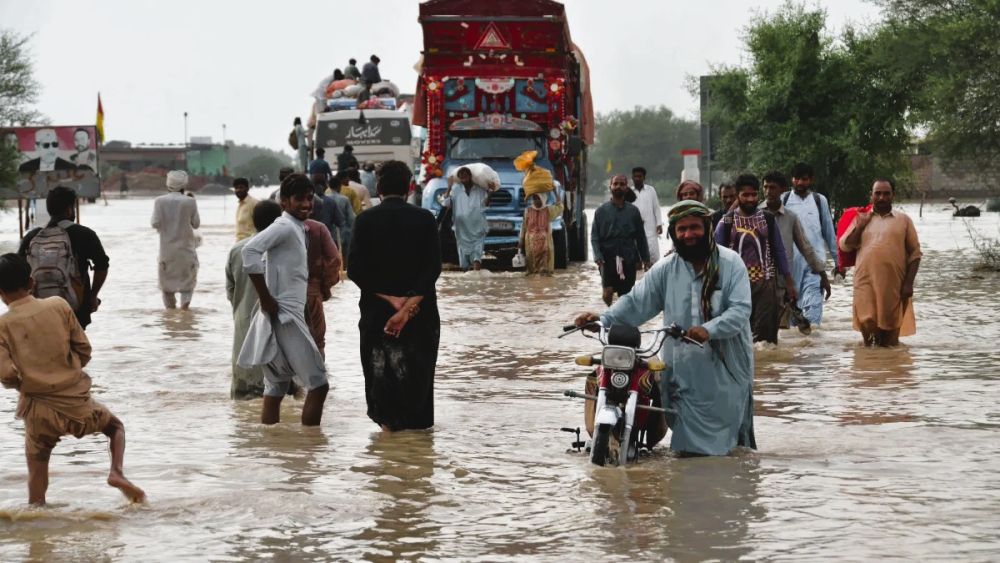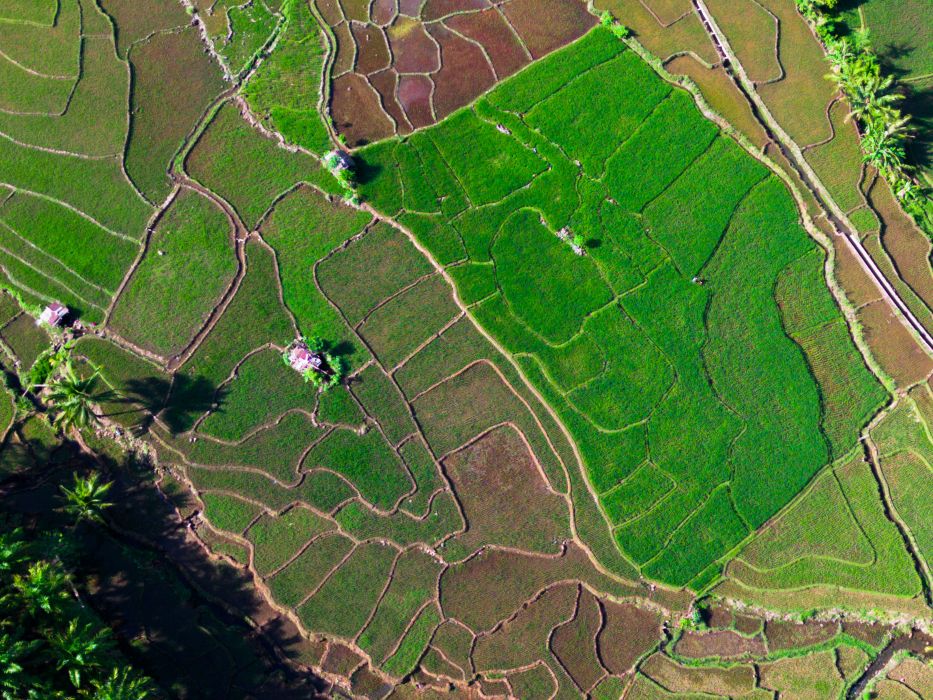60/25 The Waters Will Recede, But Hope Remains: Pakistan’s Path Forward
Posted 4 months ago
Photographs with Courtesy of Rana Abid Hussain
The flood waters started receding in Pakistan, leaving submerged villages, uprooting families, and testing the endurance of millions. But amid the wreckage of homes and farmland lies another story: one of resilience, ingenuity, and a chance to build differently stronger, fairer, and with an eye to the future.
Hope in the floodwaters
Yes, the scale of devastation is vast. Rivers have burst their banks, and crops that sustain communities are lost. Yet across the country, ordinary Pakistanis have stepped forward: neighbours ferrying each other to safety, volunteers distributing food, students raising funds online, and women organising makeshift schools so children’s education continues. These quiet acts of courage remind us that disaster is not just destruction but solidarity.
A turning point, not just a tragedy
Pakistan has endured devastating floods before. But what feels different now is a growing determination to break the cycle of loss and rebuilding. With each crisis, the demand grows louder for stronger early-warning systems, climate-resilient infrastructure, and fairer access to international climate finance. Pilot projects in Sindh and Punjab are already experimenting with floating schools, flood-resistant housing, and digital tools for community preparedness. These are no longer ideas on paper — they are lifelines in practice.
The world is watching and beginning to respond
The international community, too, is learning. Support is arriving faster, and there is wider recognition that Pakistan’s suffering is not the product of its own emissions but a global climate imbalance. Momentum is building for the long-promised loss and damage fund to move from words to action. If sustained, this could transform Pakistan’s ability not only to recover, but to prepare.
Building back better and wiser
Optimism does not mean denial. Hardship is real, but so too is opportunity. Each investment in embankments, green infrastructure, or climate-smart agriculture is an investment in dignity and stability. Each rebuilt school and support for young people from the flood-affected areas tells that through the collaborative efforts of the government, communities' children’s futures will not be washed away. And each acknowledgement from the world that Pakistan’s burden must be shared is a step toward justice.
Volunteer Team from the University of Southern Punjab Multan supporting flood affectee in Southern Punjab says, "a long term strategy and continued support is necessary for rehabilitating people who lost everything."
Way Forward For Survival and Resilience From Floods in the Upcoming Years
The floods remind us of fragility but also of possibility. Pakistan is not only on the frontline of climate change but also of human resilience. Out of submerged fields and broken roads may emerge stronger communities, more equitable systems, and a renewed recognition that survival depends on cooperation.
The UN Humanitarian Official also advised the International Community "Continue support to Pakistan in this dire moment. Aid will be needed. Pakistan is one of the country that is prone to climate change and we are seeing it on yearly basis. It's not Pakistan's fault."
The waters will recede. The choice remains: to rebuild as before, or rebuild as better, and that choice, though born of hardship, carries hope.




